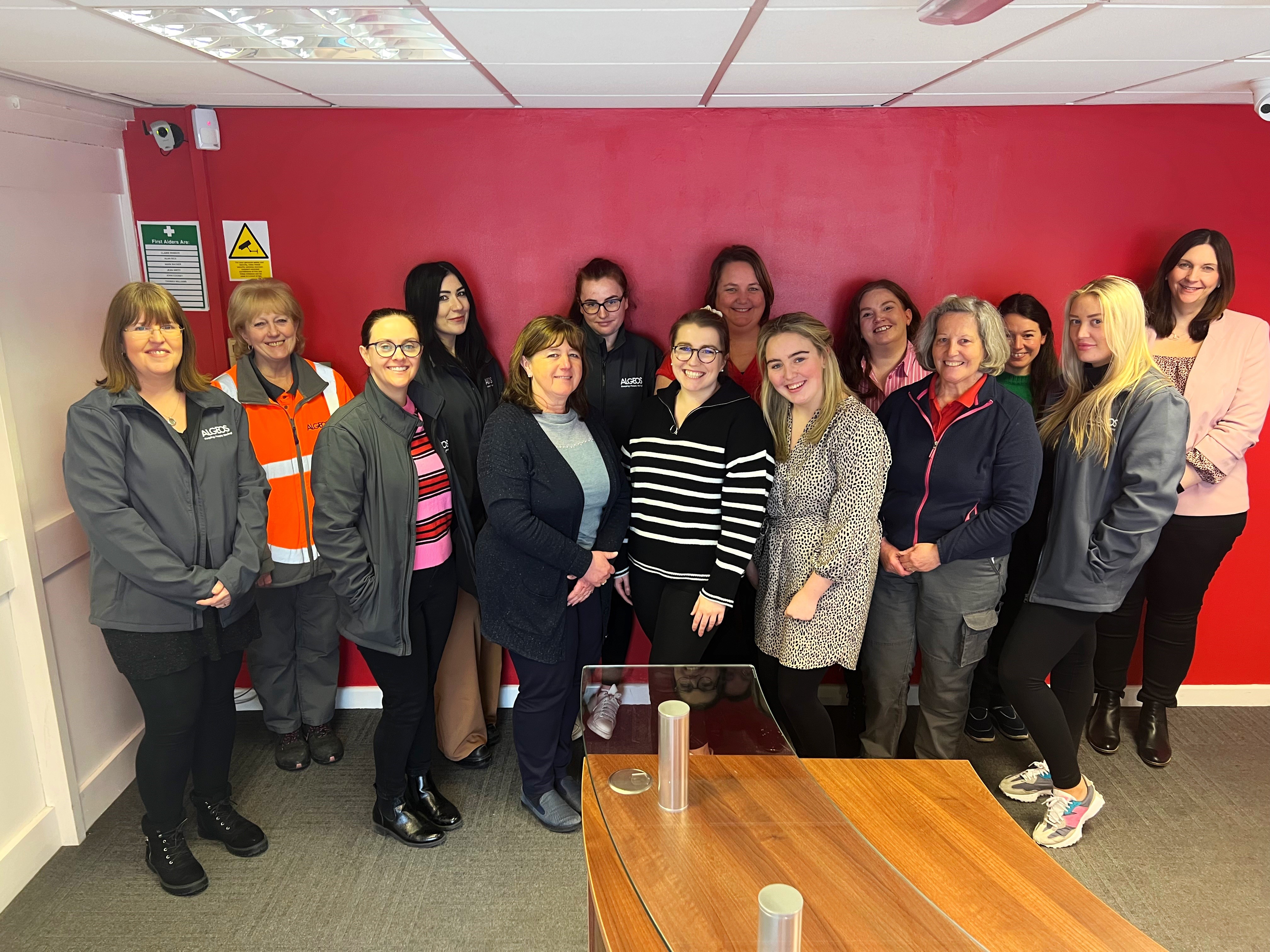International Women's Day 2023

Every year on March 8th, International Women's Day is observed to honour the social, economic, cultural, and political accomplishments of women all around the world. It also serves to increase public awareness of the ongoing fight for women's rights and gender equality.
Innovation and technology for gender equality will be the focus of International Women's Day in 2023. In order to improve stakeholders' access to digital tools, this theme aims to bring together technologists, innovators and entrepreneurs, under the slogan of #EmbraceEquity.
Within Algeos, 48% of our workforce are women, working in different departments across the business. In the wider industry, women represent 67% of the global health and social care workforce. Data from the World Health Organisation states that the value added by women into health and social care services is around US $3 trillion annually. Despite this,women’s contributions continue to remain undervalued, with women often confined to either lower or even unpaid roles.. The implications of this are huge, the healthcare pay gap in the UK currently stands at 8.4%, despite women receiving a higher amount of bonus pay.
“Equity issues pertaining to decent work free from all forms of discrimination, harassment, including sexual harassment; gender pay gap; occupational segregation by gender and leadership are important for all member states to address if the 15 million health worker shortfall to achieve Universal Health Care is to be redressed in an equitable, inclusive and sustainable way. Gender equity is key to building resilient health systems and gender transformative health and social care policies are key to achieving gender equality globally.”
This, however, is still better than the global pay gap of 20%, showing how still confront substantial obstacles and inequality in many aspects of their lives, notwithstanding recent advancements. For instance, women are underrepresented in leadership roles in business, politics, and other sectors, earn less than men and have greater rates of poverty. Women also experience a variety of forms of discrimination and violence, such as femicide, harassment, and violence against women based on their gender.
Women who belong to marginalised groups, such as indigenous women, women of colour, and women with disabilities, experience these problems to an even greater extent. We must actively advance gender equality and empower women in order to address these issues. This entails ensuring that everyone has access to education and training, equal compensation for equal labour, supporting women in leadership and politics, and removing structural barriers to gender equality.
In addition, we need to encourage positive portrayals of women in the media and popular culture and confront damaging gender stereotypes. This can aid in removing the cultural obstacles that contribute to prejudice and gender inequity. International Women's Day is an occasion for all of us to reflect on our progress and the work that still needs to be done. Also, it is a day to honour the accomplishments of women worldwide and to lend support to their continuous fight for justice and equality.
Individually, we can all do something to advance women's rights and gender equality. We can all contribute, whether it's by volunteering, giving to women's organisations, or speaking out against violence and prejudice. On this International Women's Day, let's make a commitment to building a more equitable and just world for women and girls everywhere.


